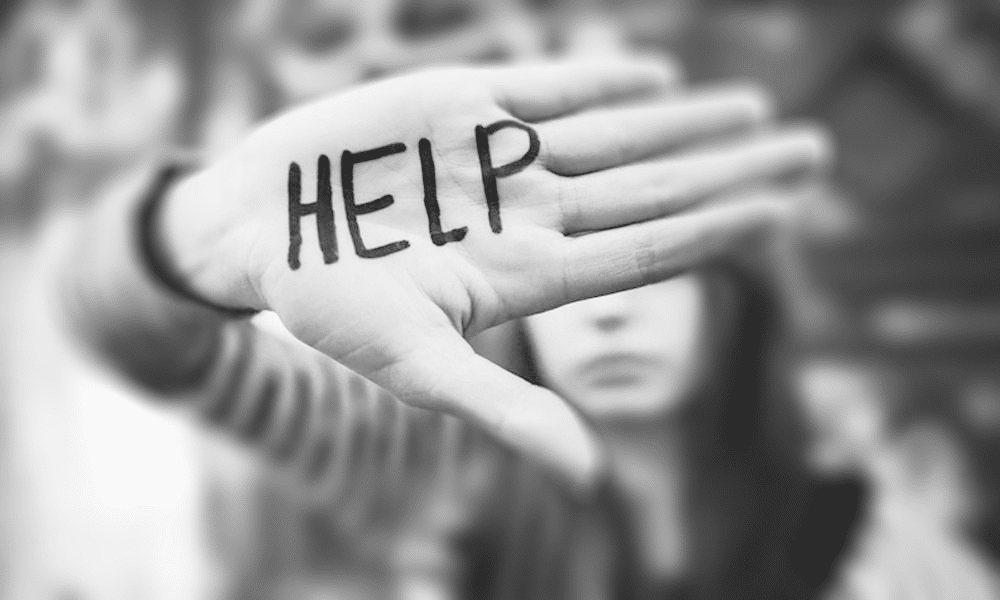Suicide Prevention
Imagine there were 45,000 more Americans each year. Unfortunately, there were. They committed suicide. These people were your neighbors, teachers, bankers, and lawyers. They were unknown homebodies and they were celebrities you saw on TV. These people were young, they were old, they were men, and they were women. They were every color, every nationality, and every religion. Suicide is a diverse and inclusive disease. Suicide welcomes anyone. And it’s a dying shame. It’s up to the rest of us to pay attention to the warning signs of suicide.
But you can help. Everyone can help prevent suicide. How? We can understand the issues concerning suicide and mental health. We can help erase the stigma of talking about mental health and suicide prevention. By learning about mental health disorders. By changing the conversation and helping those in crisis. We can understand the risk factors associated with suicide. By recognizing the signs and taking action to prevent suicide.
Risk Factors for Suicide
There are certain risk factors that make it more likely someone may consider or attempt suicide. While they won’t predict suicide, it’s important to be aware of the risks. According to the Centers for Disease Control and Prevention, here are some of the risk factors:
- Family history of suicide
- Family history of child maltreatment
- Previous suicide attempt(s)
- History of mental disorders, particularly clinical depression
- History of alcohol and substance abuse
- Feelings of hopelessness
- Impulsive or aggressive tendencies
- Barriers to accessing mental health treatment
Warning Signs of Suicide
Changes in behavior are potential warning signs of suicide that a person may be considering. warning signs of suicide can come by way of verbal communication, unusual actions, and severe mood swings.
If someone you know talks about:
- Hurting or killing themselves or wanting to die
• Feeling hopeless or having no reason to live - Being a burden to you or others
- Feeling trapped or in pain
If someone you know is behaving in a concerning way, such as:
- Searching for weapons or ways to end their life
- Withdrawing from family, friends, and activities
- Sleeping for great lengths of time or not sleeping at all
- Telling people goodbye or that they will miss them
- Acting out in anger or speaking of revenge
- Drinking too much or using drugs recklessly
If someone you know has a change in mood or seems:
- Depressed
- Anxious
- Irritable
- Disinterested
- Agitated
- Shameful
- Humiliated
Take Action
Suicide prevention and identifying the warning signs of suicide starts with you. There are many ways to help prevent suicide. Volunteer, raise awareness, donate, and talk to a friend in need. There are organizations that dedicate countless hours to the research and prevention of suicide, such as the American Foundation for Suicide Prevention and the National Suicide Prevention Hotline.
If you or someone you know may be having suicidal thoughts, get help immediately.
Call us anytime, 24/7. 714.375.1110
We are here to help. Your life matters to us!





































